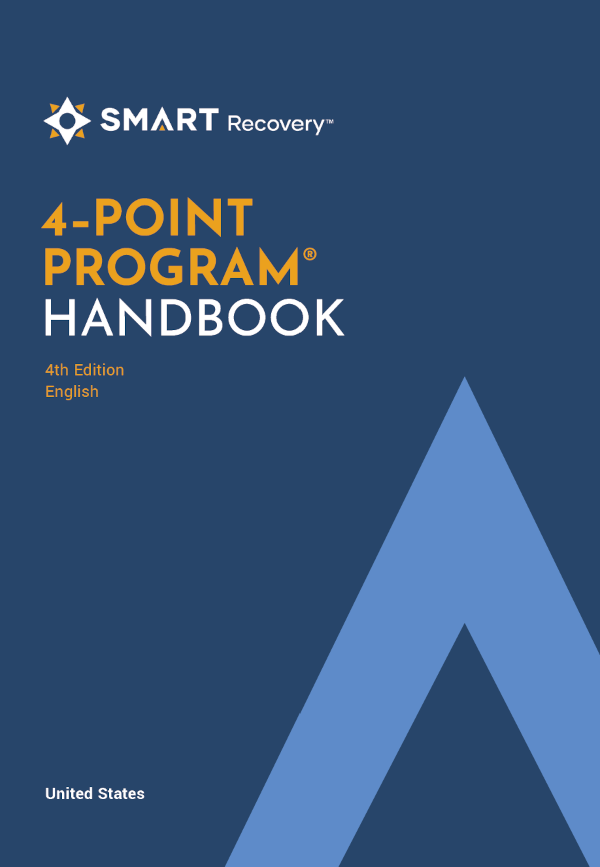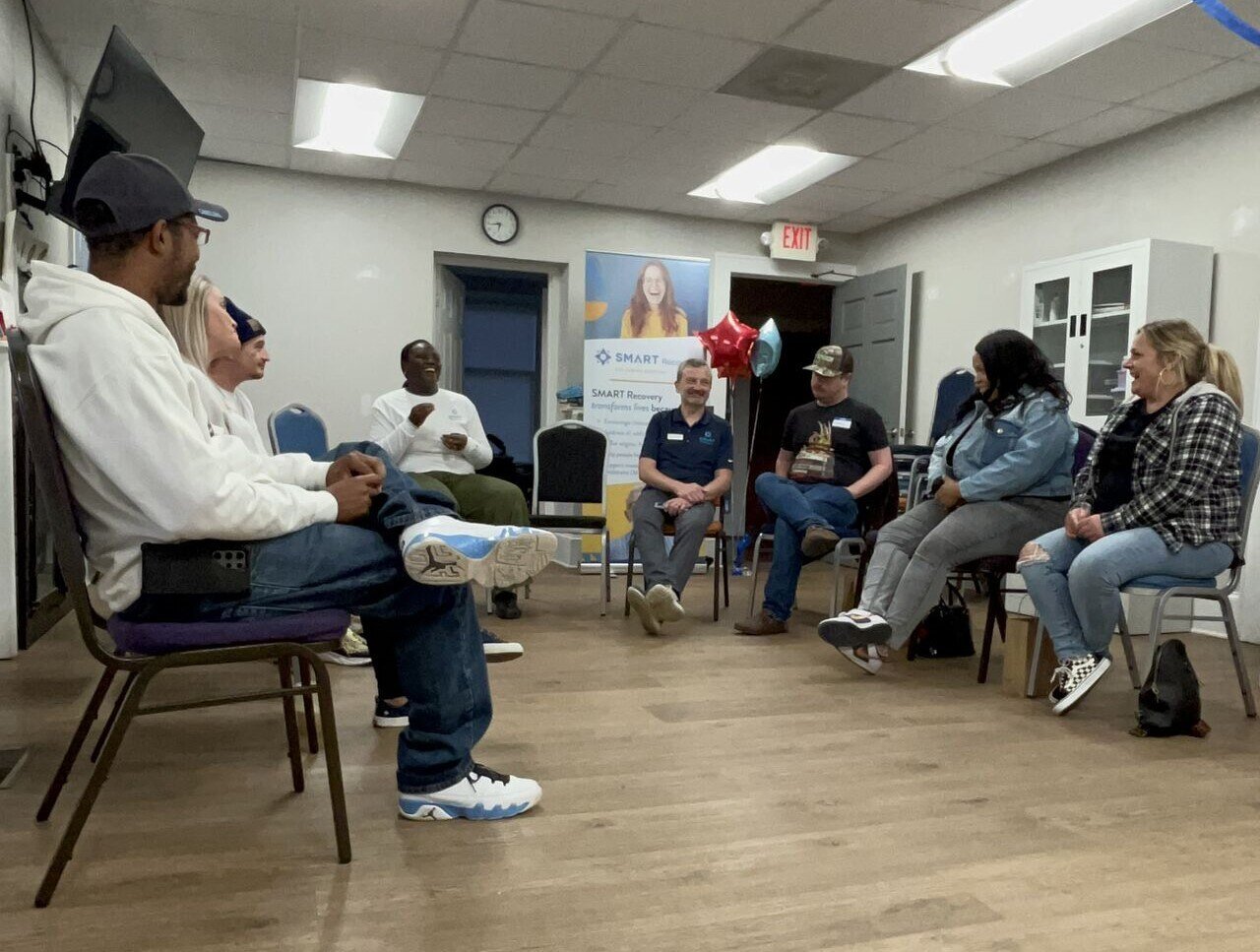
Mike Massey has been facilitating SMART Recovery Online (SROL) meetings since 2013. His professional experience as a former teacher and union leader, as well as his personal experience with substance use, gave him the skills and abilities to help meeting participants. When many of the participants said they also were dealing with a mental health disorder, he struggled with how best to help them and decided there needed to be a reference guide for facilitators on how to handle this aspect of recovery. So, he and several others created one: Facilitator Best Practices for Addressing Mental Health Disorders and Suicide in SMART Recovery Meetings.
In this podcast, Mike talks about:
- What led to writing the Facilitator Best Practices for Addressing Mental Health Disorders and Suicide in SMART Recovery Meetings
- Most facilitators are not experts or professional therapists, but should have a familiarity with mental health disorders
- People coming to the meeting for hope and inspiration
- Reframing the terms of mental health
- Two types of stigma – self and society
- Searching for patterns and reasons for addictions
- Asking participants, “What do you need to get through this?”
- The mystery and magic of being in a meeting
- Doing a better job of helping others help themselves
- How to handle the mention of suicide
- Contributors in writing the guide, including the QPR Institute
- Finding the guide on VolunteerHQ
Additional resources:
- ABC of Urges
- Motivational interviewing
- Cost Benefit Analysis
- Medication Assisted Treatment (MAT)
- Destigmatizing addiction
- Becoming a facilitator
- Facilitator Manual
- Addiction and Co-occurring Disorders from a SMART Recovery Perspective
- Change Your Thinking, Change Your Life
Click here to find all of SMART Recovery’s podcasts
PLEASE NOTE BEFORE YOU COMMENT:
SMART Recovery welcomes comments on our blog posts—we enjoy hearing from you! In the interest of maintaining a respectful and safe community atmosphere, we ask that you adhere to the following guidelines when making or responding to others’ comments, regardless of your point of view. Thank you.
- Be kind in tone and intent.
- Be respectful in how you respond to opinions that are different than your own.
- Be brief and limit your comment to a maximum of 500 words.
- Be careful not to mention specific drug names.
- Be succinct in your descriptions, graphic details are not necessary.
- Be focused on the content of the blog post itself.
If you are interested in addiction recovery support, we encourage you to visit the SMART Recovery website.
IMPORTANT NOTE:
If you or someone you love is in great distress and considering self-harm, please call 911 for immediate help, or reach out to The National Suicide Prevention Hotline @ 800-273-8255, https://suicidepreventionlifeline.org/
We look forward to you joining the conversation!
*SMART Recovery reserves the right to not publish comments we consider outside our guidelines.*




